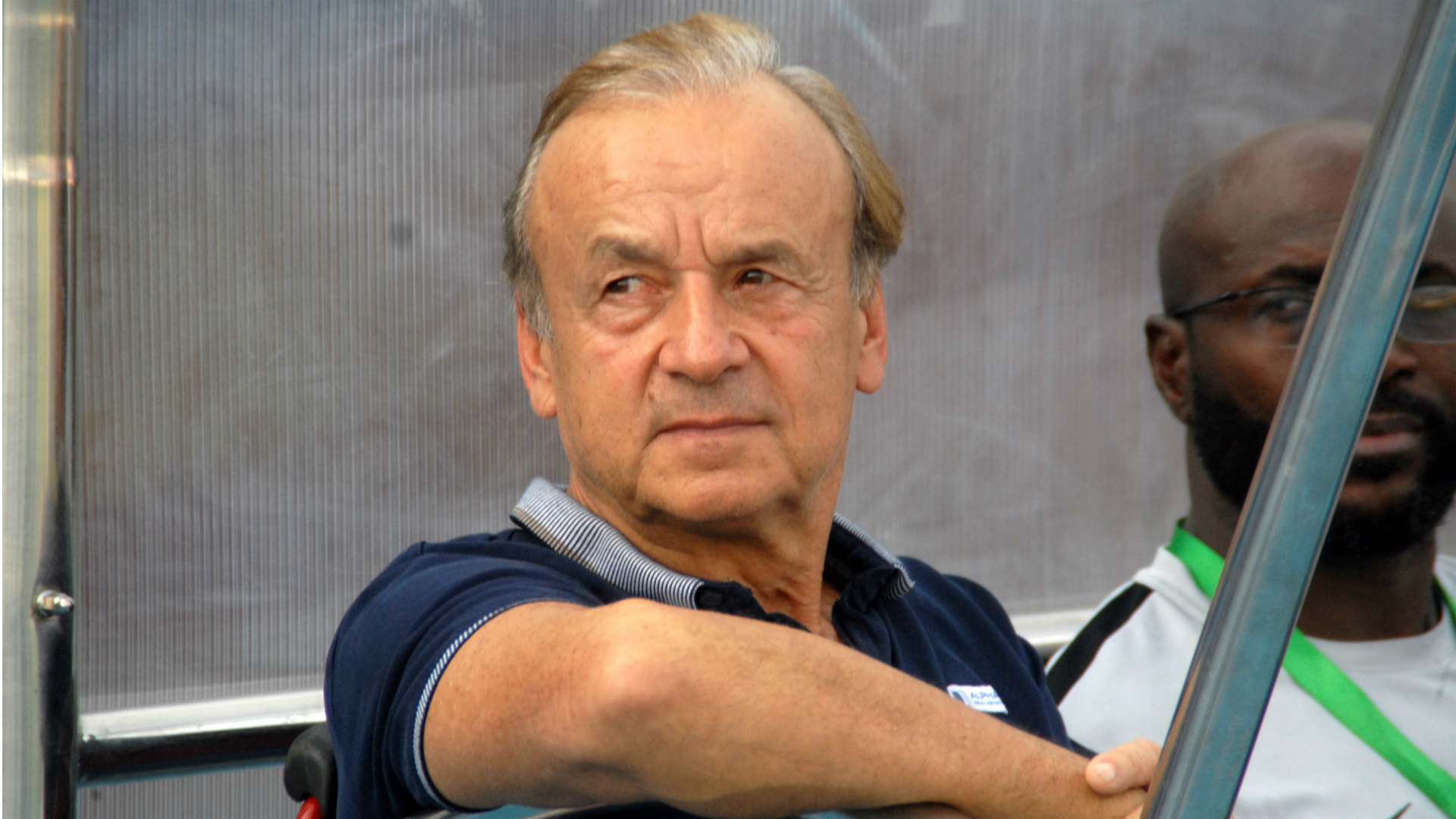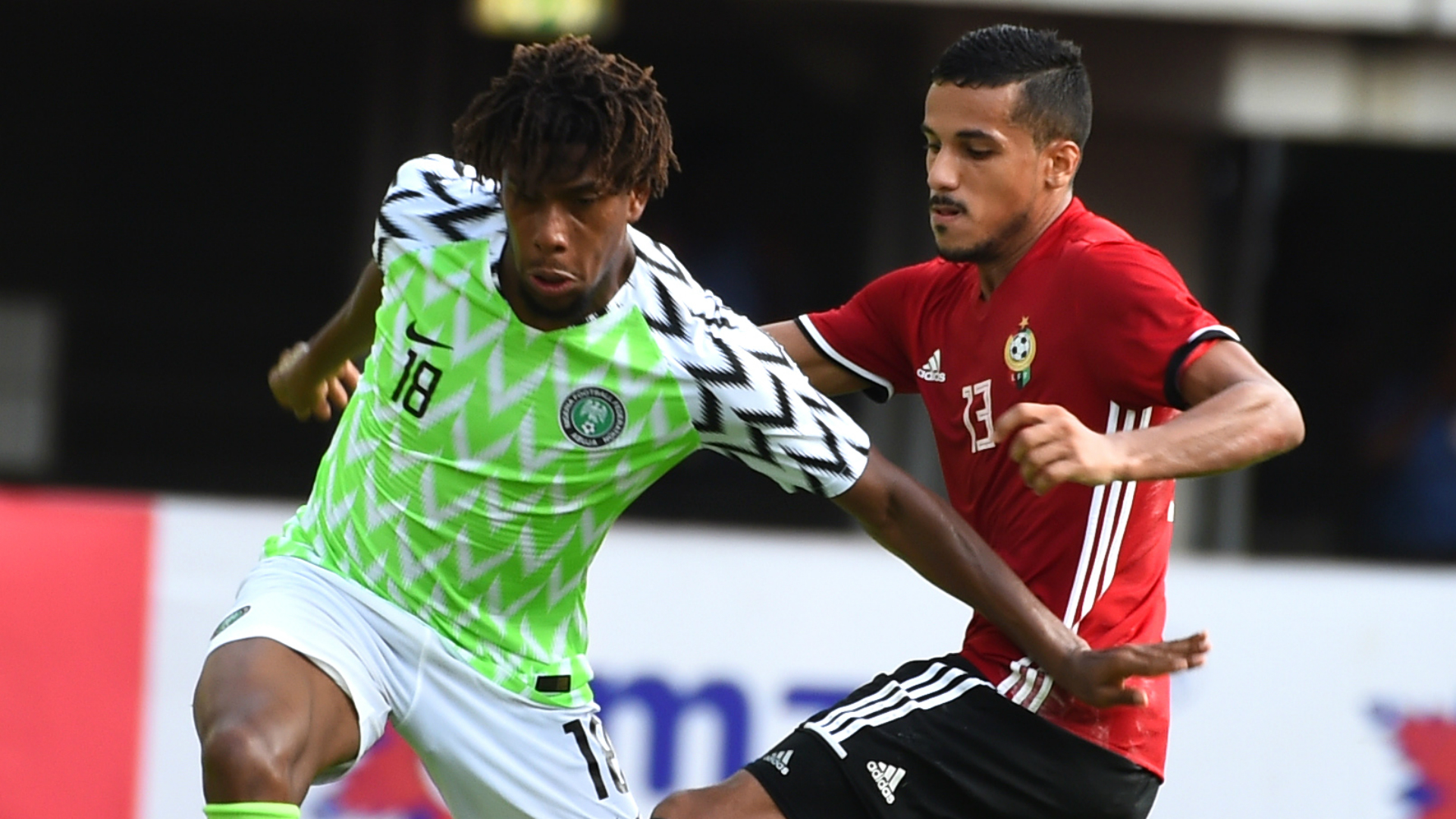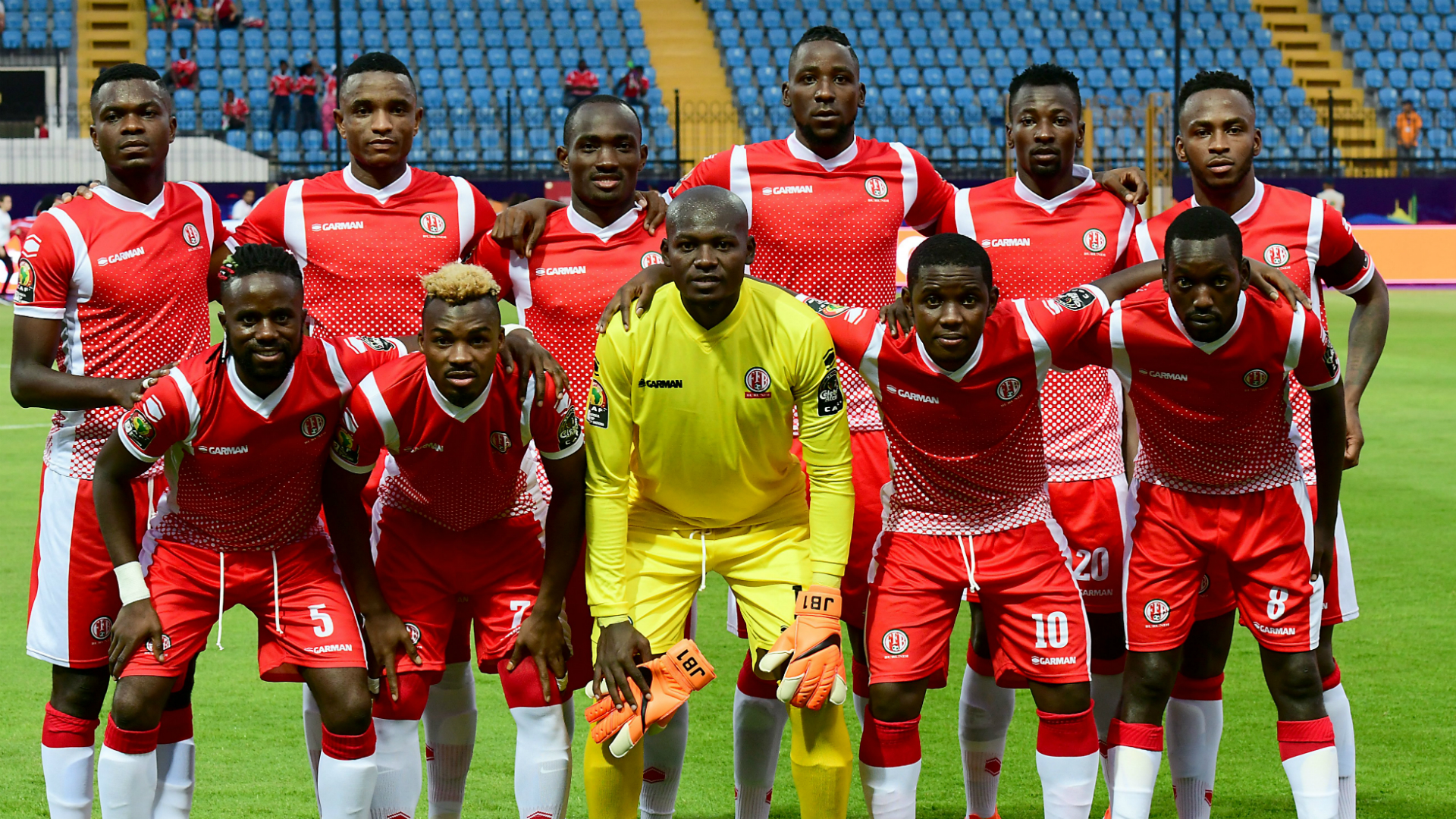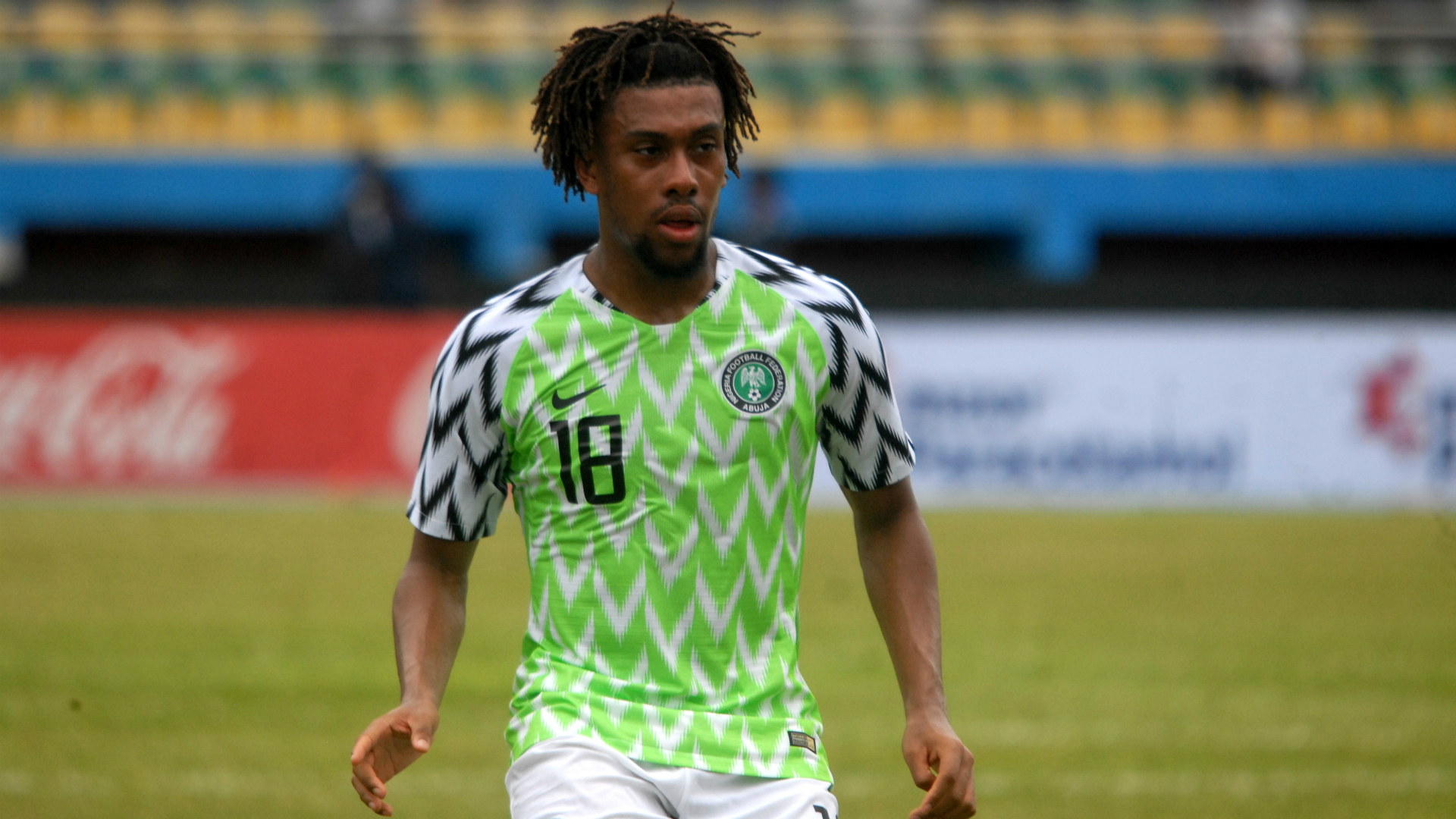
Nigeria defeated Burundi 1-0 on Saturday, upon their return to the Africa Cup of Nations, and having been away from the continent’s most prestigious international tournament since winning it since 2013, it was imperative they started strongly.
When it’s taken into consideration that the three-time African champions, until Saturday, hadn’t won their opening game at the finals since 2006 (a 1-0 win over Ghana), the importance of securing maximum points at the Swallows’ expense is further highlighted.
Nevertheless, as has been a recurring issue with the side in the last 12 months or so, the performance was, largely, underwhelming.
After the game, Gernot Rohr revealed a bug which had spread in the Super Eagles camp hit several players, consequently hindering their preparations for the encounter, but while the usual course of action is to empathize with the German tactician, whose side are one of the Afcon favourites, it might not be that one-dimensional.
The squad may have not trained as well as they’d have liked in last week, but does that spare them from criticism for Saturday’s dreary game?


For a while now, Rohr’s troops haven’t played anywhere near their best football, and often rely on individual brilliance, rather than a proper and functional system, to win games.
In the last year, dating back to the friendly games before the World Cup in Russia, the West Africans’ play has often been disjointed and lacked any sort of rhythm.
In truth we were all over the place for the entirety of the game. Nothing different from what the Nigeria side has shown in the last 12 months. Always disjointed! #NGABDI #AFCON2019
— Oluwaseye Omidiora (@theReal_SeyE) June 22, 2019
While results haven’t dried up, the Eagles have won five of their six competitive fixtures since the global showpiece; the performances have been below-par and humdrum.
In that time, the only time Rohr’s men arguably played well was the 4-0 defeat of Libya in Uyo, a game which took place way back in October.
It is a far cry from the lively and exciting outings during the nation’s World Cup qualifying campaign in which they entertained and thrilled supporters. There were also the workings of a clear and visible tactical scheme being implemented by Rohr.


Lately, however, the focus seems to have shifted to securing results, which, has worked so far. While purists may have misgivings about the current style of the Super Eagles, the obvious retort will be to point to the aforementioned fact in combating the elegance criticism.
Also, in tournament football, given the short preparation time, attention is mostly placed on getting wins regardless of how they come about.
Nonetheless, on the face of it, it’ll be difficult for this Nigeria side to go toe-to-toe with any of the technically good sides in the competition. Against Burundi, while Rohr’s men had more of the ball, they seemed clueless as to how they’d break down the Swallows’ deep defensive block.
They were also lucky to still be level by the time Odion Ighalo scored the winner in the final 15 minutes, having seen Daniel Akpeyi save from Cedric Amissi in the first-half. While that was the only big chance the lowly Cecafa African nation created, Olivier Niyungeko’s team intermittently found themselves in a number of promising situations which they couldn’t take advantage of.
While meaning no disrespect to the side participating in their first Nations Cup finals, the fact Rohr’s men were caught napping a few times by the lowest ranked team at the competition doesn’t bode well as they might suffer against the really top sides with superior quality.


Be that as it may, the result, in isolation, was just what the doctor ordered given the circumstances. It was also interesting to see the Eagles’ head coach make his changes early when it was obvious they were toiling on their return to the finals.
The German tactician’s supposed stubbornness and slowness to react to glaring holes in his system is a stick critics have used to beat him with in the last 12 months, but he switched things up early on Saturday.
His logic in leaving Ahmed Musa and Ighalo on the bench was sound too, because the former had been unwell in the week of the match while the latter hadn’t featured in weeks and only just returned to training.
However, the noteworthy tweak of the night was electing to take off skipper Mikel John Obi and move Alex Iwobi to play behind the frontman in a role he’d thrived in since the World Cup finals.
Mikel’s inclusion in the squad after months of nonappearance for the three-time Afcon champions was always going to cause a shift in the Arsenal man’s role in the side, and so it proved with the playmaker having to play as a wide playmaker in a 4-2-3-1.


Taking off their biggest player, and the response in the final half-hour then begs the question whether they are a better side without the decorated icon in the side.
The alternative choice (playing him in a deeper role) to accommodate Mikel in the side could also be damaging too, as Oghenekaro Etebo’s tenacity and swiftness in the middle of the park complements Wilfred Ndidi’s ball-winning capabilities.
How Rohr chooses to respond to their unconvincing win against the Swallows is anyone’s guess, but it’s certain the Nigeria trainer has a lot to mull over before their games against Guinea and Madagascar on June 26 and June 30 respectively.
It can’t be swept under the carpet either, as the decisions he takes with respect to the style and personnel will either make or mar the three-time African champions on their return to the continent’s most prestigious international competition.

Be the first to comment